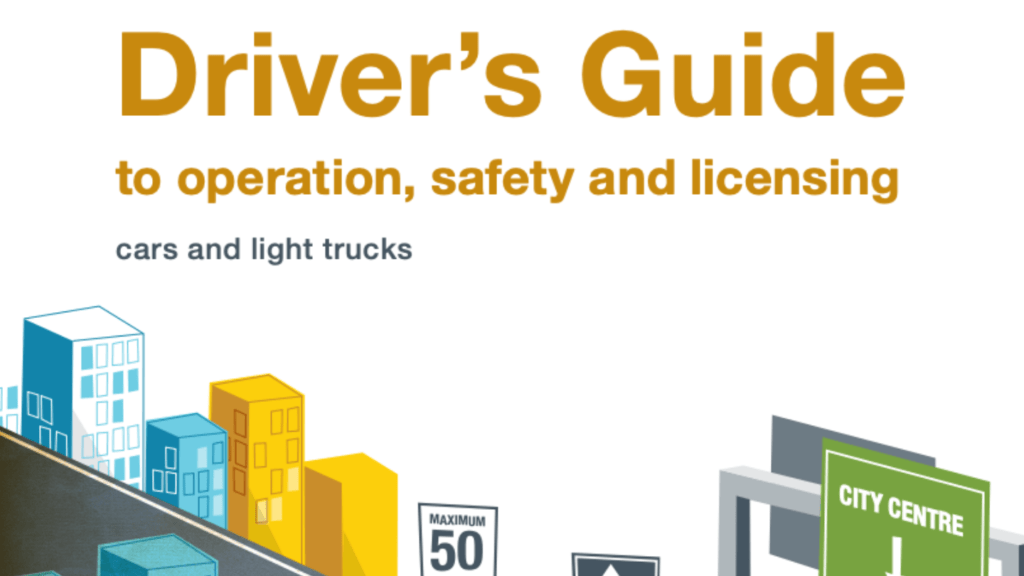Newfoundland and Labrador Learner Driving Test
Parts 4
The Newfoundland and Labrador Learner’s License is a type of driver’s license issued by the government of Newfoundland and Labrador, Canada, to individuals who are learning to drive. It allows the holder to practice driving on public roads under certain conditions and restrictions, such as being accompanied by a licensed driver and having a “L” sign displayed on the vehicle. To obtain a Newfoundland and Labrador Learner’s License, an individual must pass a written knowledge test and a vision test. They must also fulfill other requirements, such as minimum age, residency, and liability insurance.
Driver's Handbook
The Newfoundland and Labrador Learner’s License is a type of driver’s license issued by the government of Newfoundland and Labrador, Canada, to individuals who are learning to drive. It allows the holder to practice driving on public roads under certain conditions and restrictions, such as being accompanied by a licensed driver and having a “L” sign displayed on the vehicle. To obtain a Newfoundland and Labrador Learner’s License, an individual must pass a written knowledge test and a vision test. They must also fulfill other requirements, such as minimum age, residency, and liability insurance.

Watch our Videos
The Newfoundland and Labrador Learner’s License is a type of driver’s license issued by the government of Newfoundland and Labrador, Canada, to individuals who are learning to drive. It allows the holder to practice driving on public roads under certain conditions and restrictions, such as being accompanied by a licensed driver and having a “L” sign displayed on the vehicle. To obtain a Newfoundland and Labrador Learner’s License, an individual must pass a written knowledge test and a vision test. They must also fulfill other requirements, such as minimum age, residency, and liability insurance.
